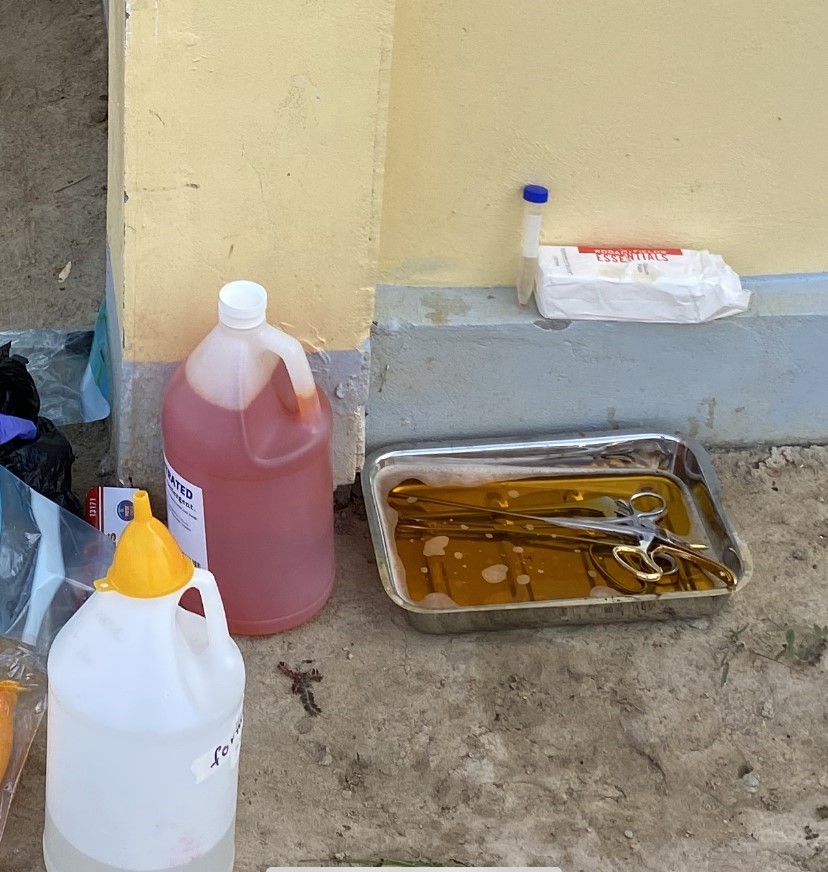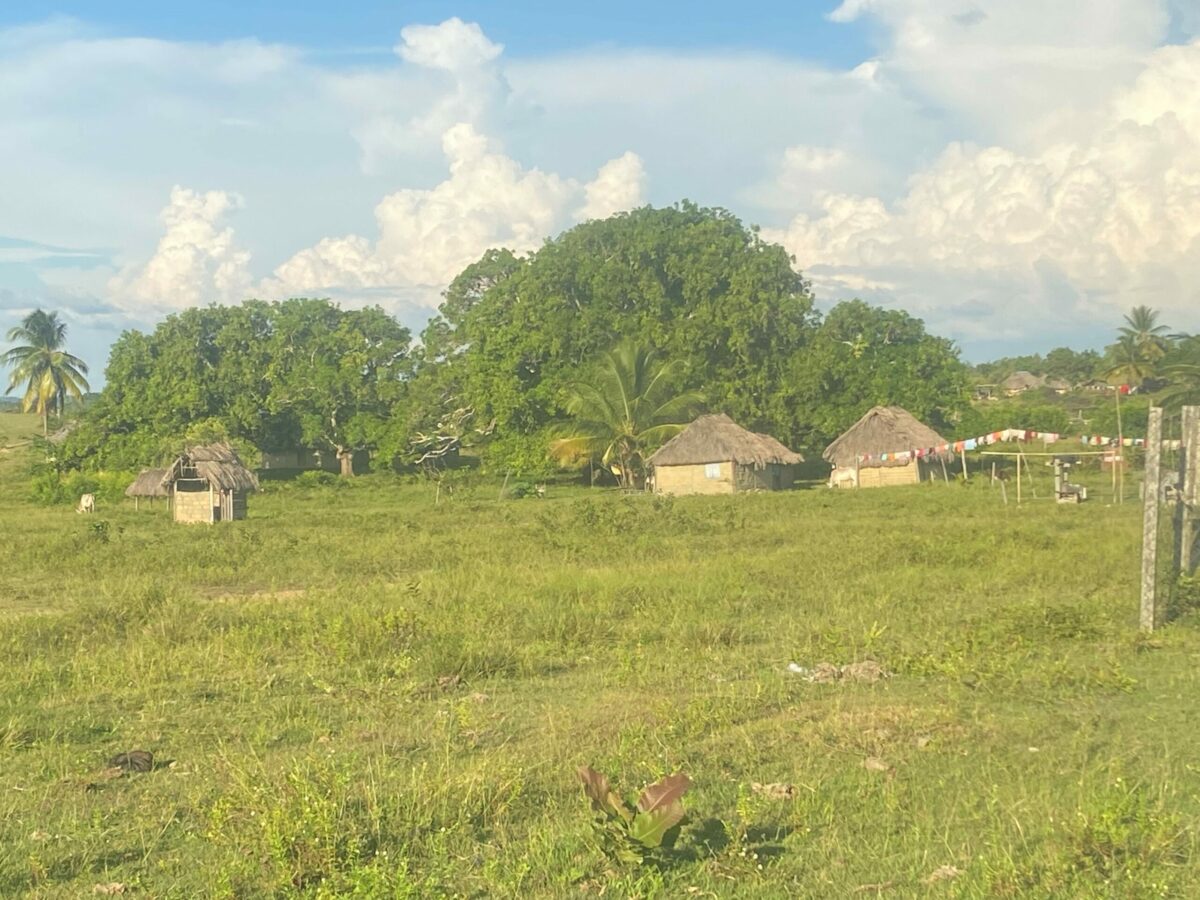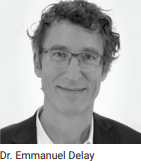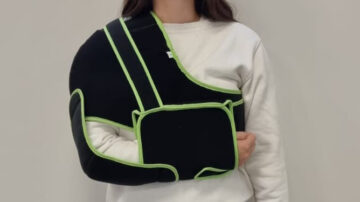A group of volunteers comprised of miners, gynaecologists, scientists, farmers and builders pack up all-terrain vehicles with enough equipment, food, consumables and hammocks to sleep in to visit these villages twice a year to screen for the disease, identify those at risk and remove abnormal areas of the cervix to prevent the disease. Patients who require treatment undergo colposcopy by licensed gynaecologists, removal of abnormal areas and this tissue is sent to the lab for histology. As all our equipment is donated, we repair where required.
We have chicken farmers repairing speculums with lost screws, we have miners using melted flip-flops to repair a tyre puncture so we can get to the next village, we have scientists decontaminating equipment al fresco and gynaecologists fixing Toyota clutches. It truly is a team effort to bring free healthcare to these remote areas.

However, sometimes critical tools like cervical biopsy forceps are beyond repair. These tools are key to ensuring the screening and treatment programme is followed through from swab to treatment. We have four biopsy forceps that have been in use for many years. They are now not as sharp as they need to be to remove the abnormal tissue of the cervix and we cannot risk the quality of the histology specimen from blunt instruments.
Eurosurgical have very kindly donated some ex-demo cervical biopsy forceps to our programme. We are extremely grateful to Peter Cranstone and Eurosurgical for their amazing donation and are confident that with these right tools, we can help to re-balance the global fight against cervical cancer in Guyana. We will be sure to update Eurosurgical on return from the next cervical cancer screen and treat expedition in April 2023.
Thank you from the bottom of our hearts,
Jacqui Doran and the entire RAM Guyana/Rotary



